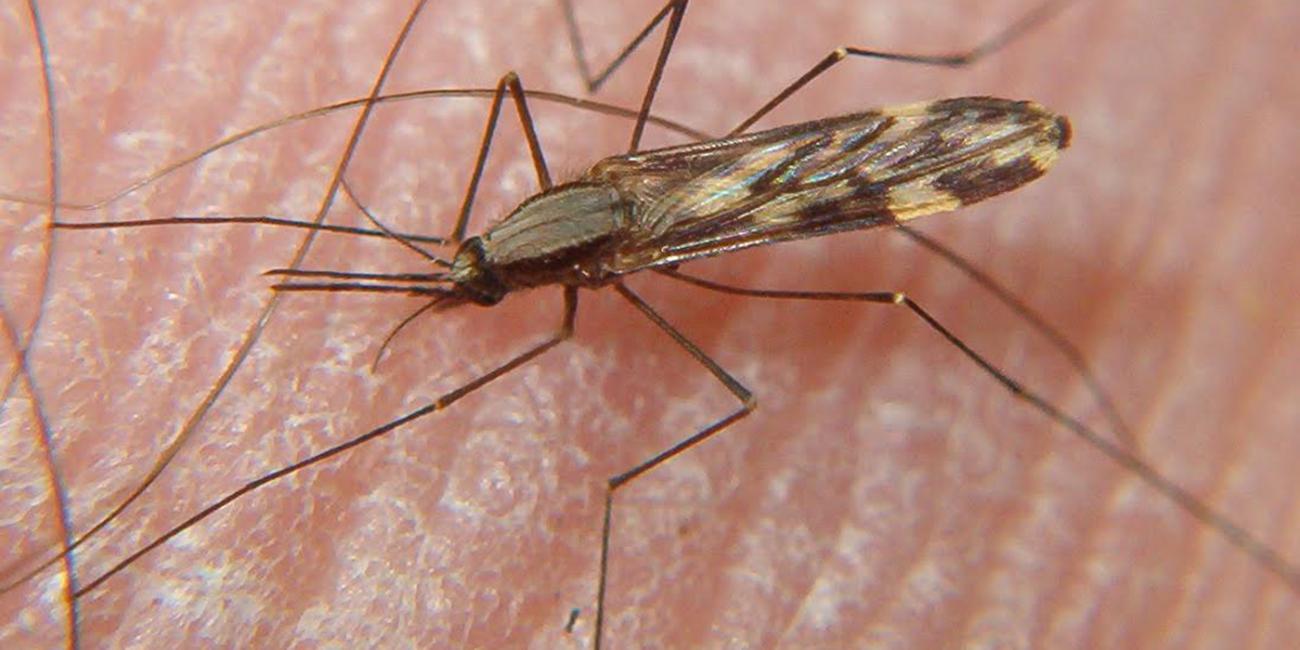Biography
Anat M. Belasen is a conservation biologist focused on amphibian conservation at the Smithsonian's Conservation Biology Institute's Center for Conservation Genomics. Her postdoctoral research focuses on understanding the genetic basis for intraspecific variation in susceptibility to amphibian chytridiomycosis. Her goal is to carry out research with practical applications for on-the-ground conservation.
Belasen’s projects include:
- Determining the genetic basis for susceptibility vs. resistance to chytridiomycosis in imperiled frogs
- Utilizing museum specimens to reconstruct historical responses to chytridiomycosis outbreaks
Belasen’s research traverses traditional boundaries between subfields across ecology and evolution: from physiology to behavioral ecology, to microbiology to evolutionary genetics. Her research to date has capitalized on “natural laboratories,” or systems with pre-existing variation that have the capacity to help inform contemporary conservation. For both her master’s thesis and her doctoral dissertation, Belasen used model land-bridge island systems to study the long-term effects of habitat fragmentation and isolation on herpetofauna.
For her master’s, she studied how genetic diversity loss due to thousands of years of isolation on islands impacts lizard thermal biology, which determines susceptibility to anthropogenic climate change. She also compared the impacts of fragmentation over the long-term (in an island system) versus short-term (in an anthropogenically fragmented system) on frog genetic diversity, immunogenetics, and susceptibility to a diversity of pathogens and parasites. She continues to build on previous research to holistically examine the mechanisms that contribute to intraspecific variation in susceptibility to disease in endangered frogs in the U.S. Belasen’s ultimate goal as a conservation scientist is to develop data resources and accessible research tools that can be used by amphibian researchers, managers and captive breeders to conserve vulnerable species in the U.S. and beyond.
Belasen received her bachelor's in ecology and evolutionary biology from Tulane University in 2008. After a few years of enjoying the local ecology and culture of New Orleans (and working as a doggie daycare attendant), she returned to school and in 2013 earned a master's degree in natural resources and environment with a focus in conservation ecology from the University of Michigan. Belasen earned her doctorate in ecology and evolutionary biology from the University of Michigan in 2019. She is currently a David H. Smith Conservation Research Postdoctoral Fellow based at Cornell University and secondarily at the Smithsonian Conservation Biology Institute's Center for Conservation Genomics. Belasen is working as a postdoc in partnership with Kelly Zamudio (Cornell), Robert Fleischer (CCG), and Laura Patterson (California Department of Fish and Wildlife).
Belasen grew up in a rural town in upstate New York, where she grew up exploring the woods and making friends with frogs, snakes, insects, and other creatures. Both a herpetologist and a musician, Belasen is happiest when surrounded by the deafening orchestra of a summer frog chorus.
